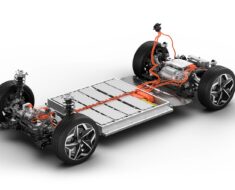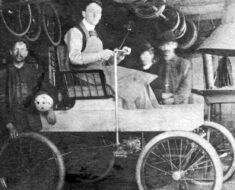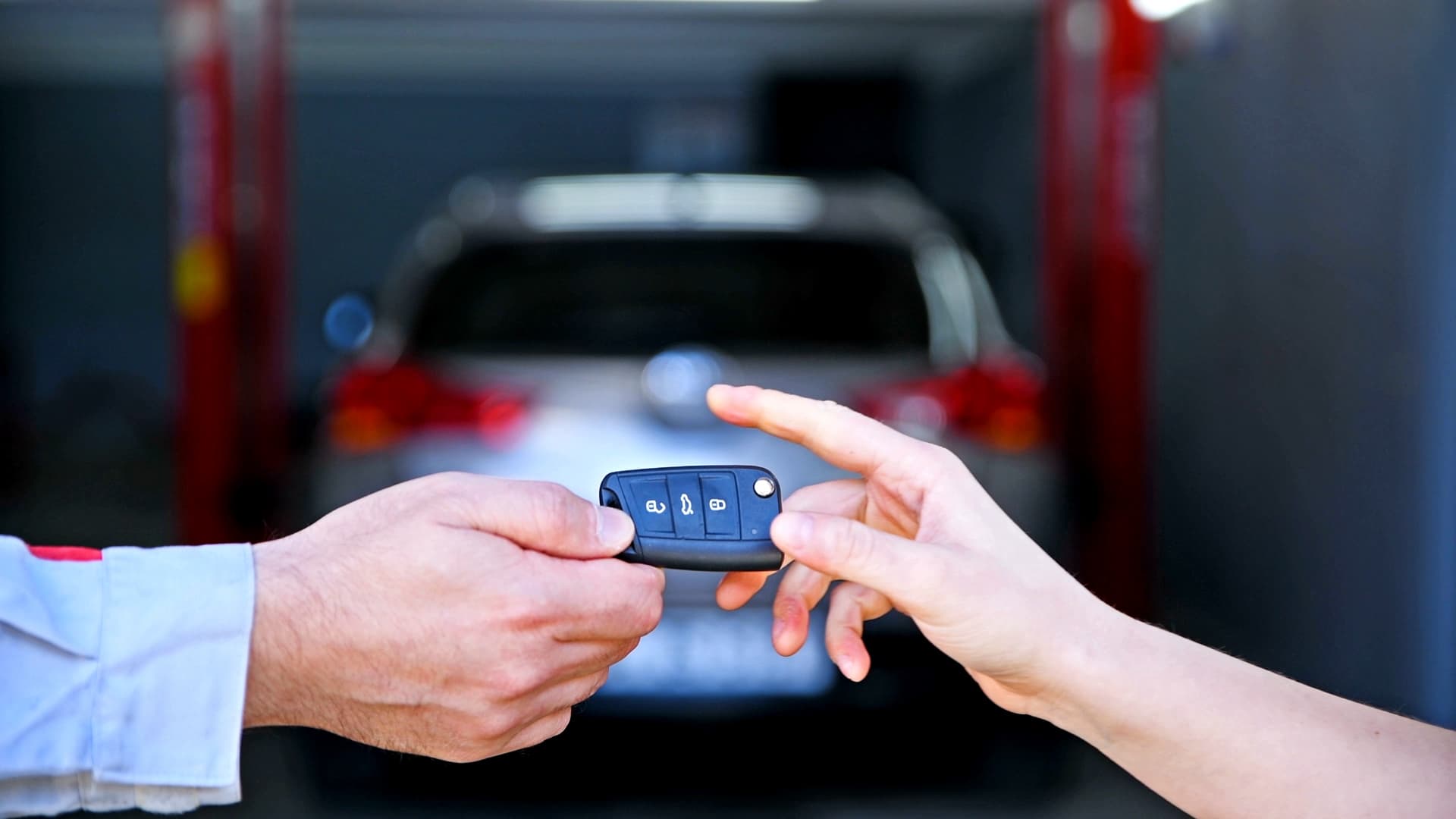The invention of the GPS navigation system is not as new as most people believe; they have been around and used since the first GPS satellite was launched into space in 1978. Global positioning satellites have many civil and military applications, but one of the most widespread is navigation.
However, using a GPS navigation system inside an ordinary car is somewhat different from using it on an airplane. Transportation by car depends on the roads on which you travel. In reality, GPS readings alone, such as longitude, latitude, and altitude, are useless for all practical purposes when you’re driving to Aunt Mabel’s house. By driving a car, you can end up going through urban canyons and tunnels, where individual satellites cannot pass. Therefore, a different type of GPS technology is needed for car GPS navigation systems.
There has been potential for years in automotive GPS navigation systems, and the industry has tried various ways to implement them. In 1983, Honda introduced a car navigation system that was based primarily on an accelerometer, not GPS. It wasn’t until 1990 that Pioneer released an automotive GPS system to the buying public. Car GPS navigation systems had not yet really been used until Magellan released its version in the US in 1995. Since then, more portable GPS systems have been developed for greater ease of use for people.
Car GPS Navigation System Components
A car GPS navigation system requires a GPS receiver and a map database. Some systems also have transmission sensors to supplement when GPS signals are blocked for short periods.
The database map converts coordinates from portable GPS systems into map locations such as street names and addresses. Some map databases contain GPS coordinates for specific locations, such as points of interest or rest stops. However, it is the information in the database that directs you to your location, either visually or by voice. Which means that your GPS navigation system is only as good as the map database of your car GPS system.
commercial applications
Many corporations and businesses use GPS navigation systems inside their vehicles to dispatch and track vehicles. In several US cities, taxis come equipped with a GPS navigation system. Taxi company dispatchers know where all the taxis are at any given time and can dispatch them more efficiently than ever before.
Commercial shipping companies find GPS navigation systems indispensable. In addition to being able to track where the trucks are whenever they want, they can also give the customer a tracking number, and then the customer could track their individual package themselves.





